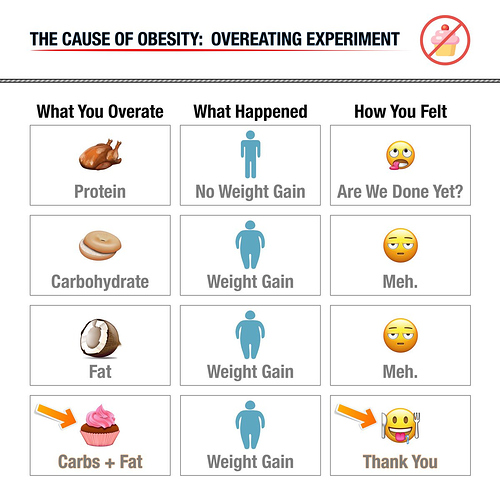Yes.
Everyone needs a certain amount of protein. I’ve yet to read a single person here arguing for even sticking closely to the WHO minimum protein recommendation. But the body only needs so much. When you exceed that amount the rest is used for energy. To me the whole discussion about gluconeogenesis is completely inconsequential except to people with diabetes.
What matters is that the excess protein that you are eating is being used for energy first; before the fat on your plate, before the carbs on your plate, and certainly before the fat on your body.
Further, protein is insulinogenic. It’s not as bad as carbs but it’s much, much more so than fat. So when you eat protein insulin is triggered and leads to glucose being pushed into the cells and lipogenesis.
I never argue with the people here who say that they do fine at higher protein levels. I completely believe them. But people like me who don’t do well and who fall out of ketosis when consuming a lot of proteins are extremely common. There are multiple threads on this forum where dozens of people say this exact thing about themselves.
And it’s hardly surprising. Moderate protein is a foundational element of the ketogenic diet for a reason. Even Amy Berger admits higher protein leads to temporary sesation of ketogenesis. But until more recently she described herself as low carb and not keto. She’d regularly say she didn’t care that much about whether she was in ketosis. Recently however, she’s changed her tune and says that she does best in deep ketosis.
Stephen Phinney, the grandfather of nutritional ketosis, says that higher protein amounts absolutely impact ketogenesis. So do the two keto dudes. Most of us are here to do a ketogenic diet and so when people point to the higher protein suggestions of people like Ted Naiman who’s also recommending low fat +100 grams of carbs a day (preferably gobbled up in one sitting) it frankly befuddles me. His diet might work fine, but it’s not a ketogenic diet and you can’t mix and match diet elements to your liking and hope to have success.
Some people may be in ketosis at higher protein amounts but some people are also in ketosis at 100 grams of carbs. We recommend 20 so that nearly everyone gets there. That’s the reason it’s important to specify a moderate protein ketogenic diet. We want people to succeed. If later they experiment and find they tolerate a few extra grams of protein and/or carbs then that’s great but at least initially moderate protein and low carbohydrate encourages the highest success rate which is why it’s recommended by the experts on the ketogenic diet.


